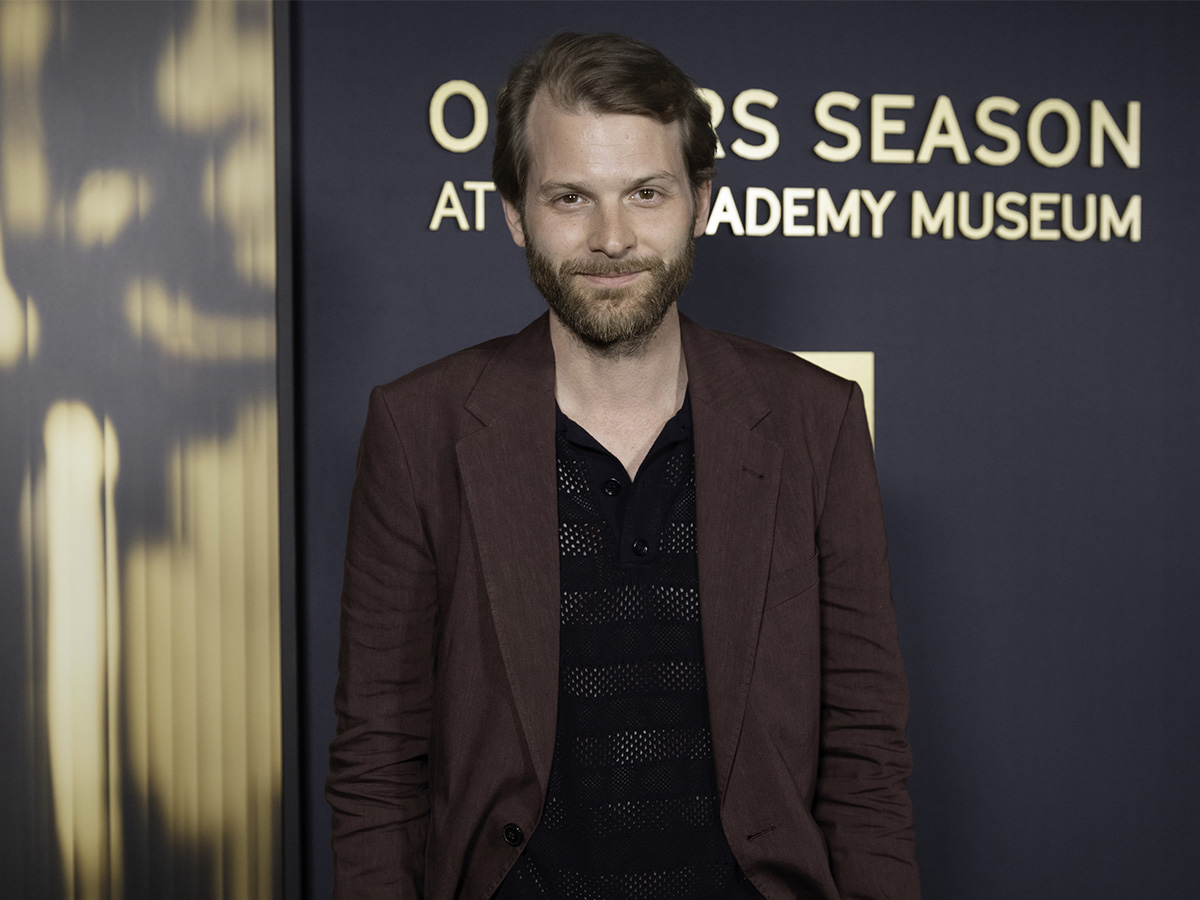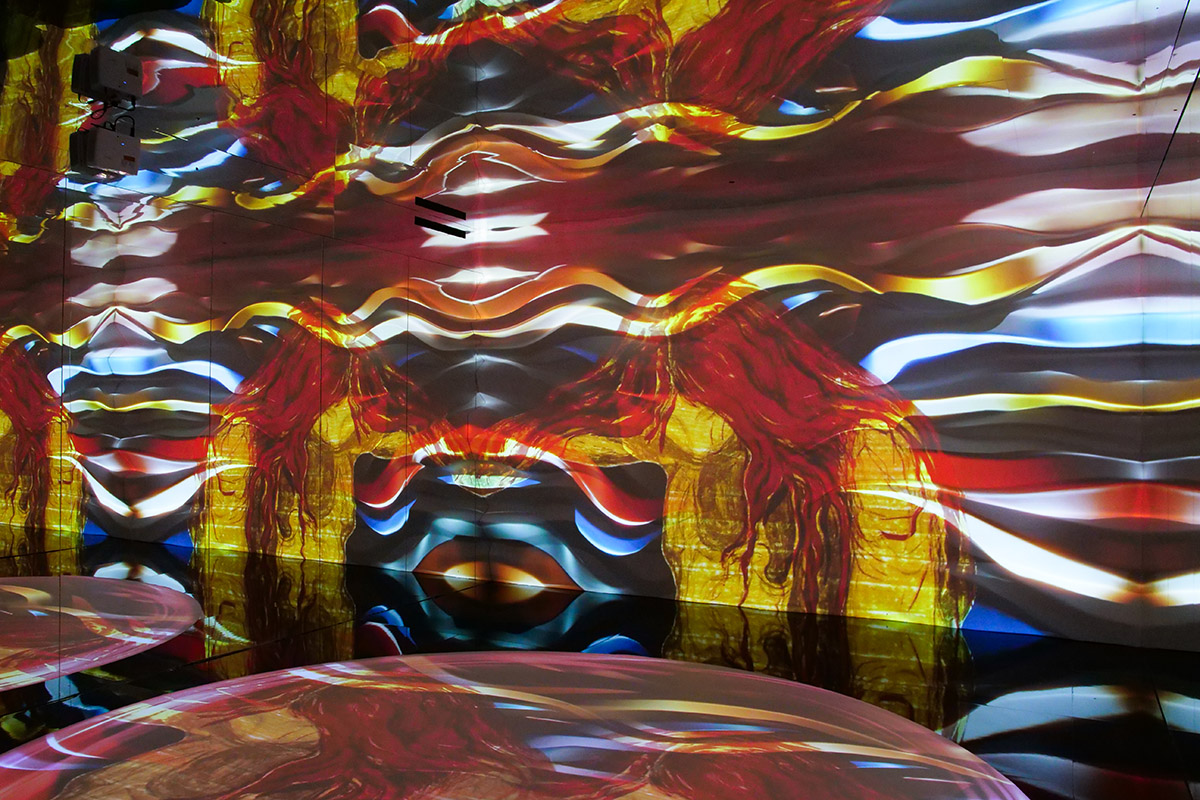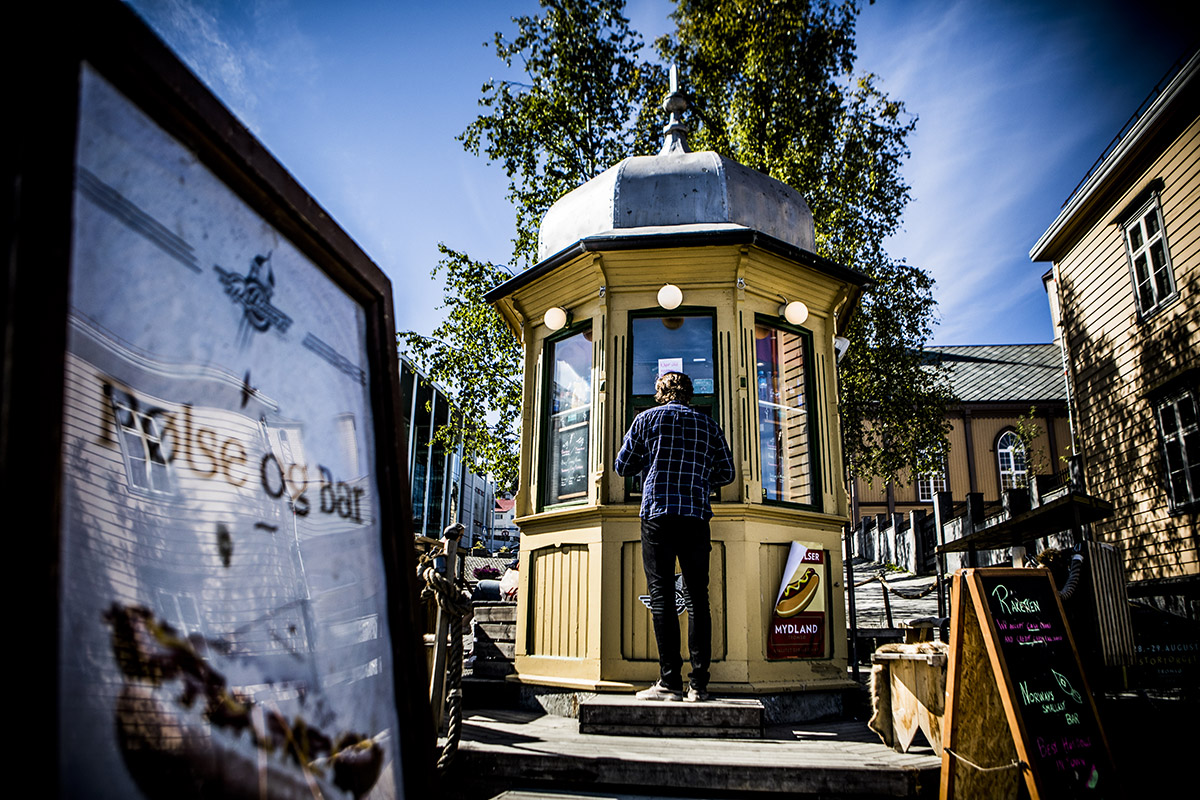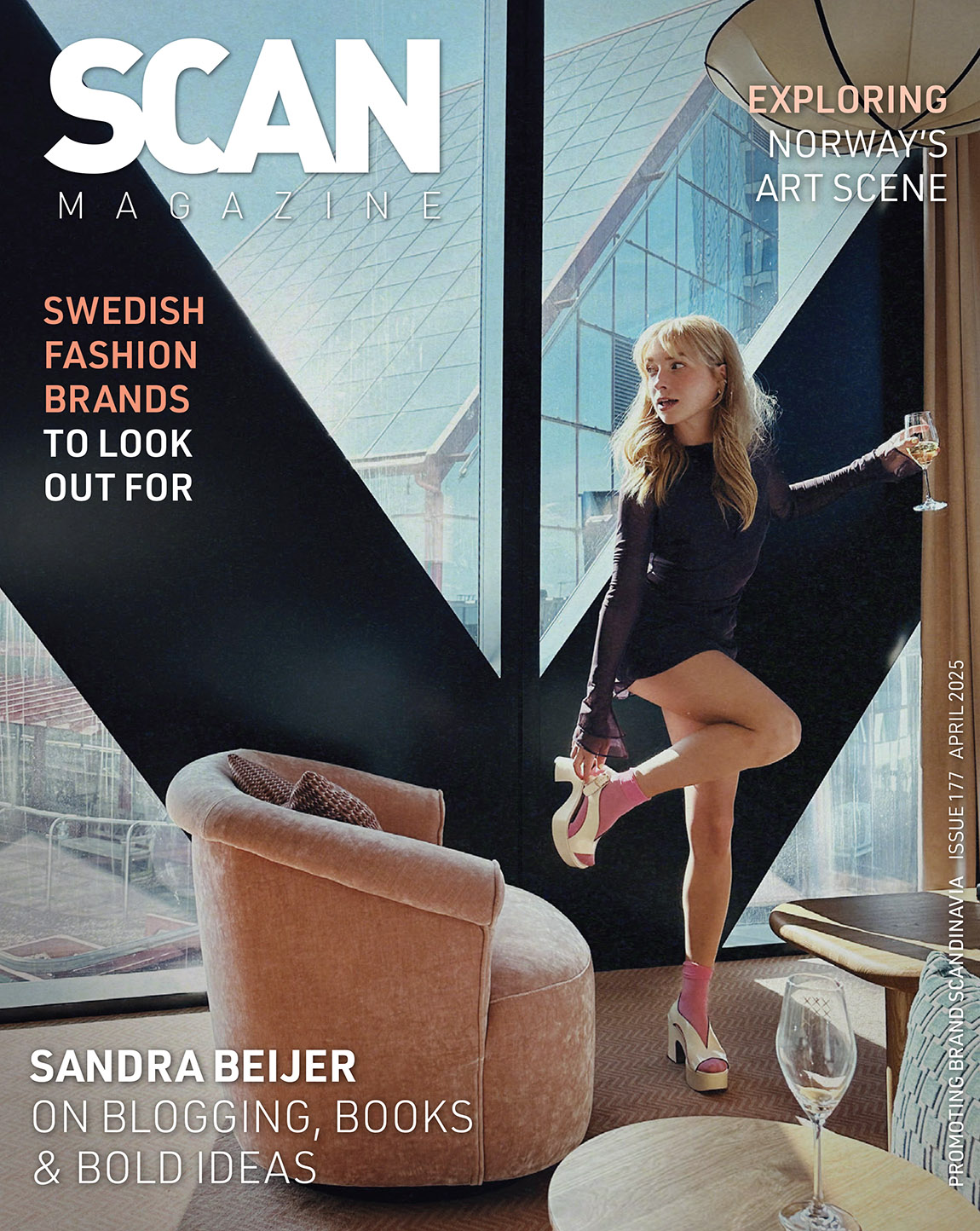Laleh: ‘You can’t define me’

From a political refugee fleeing Iran to a celebrated songwriter and music producer in Hollywood – Laleh Pourkarim has a great deal to be proud of. Scan Magazine caught up with the Iranian-Swedish singer on the eve of her sixth album release to talk about working in a male-dominated industry and being in control.
Her mother was a literary scholar and mathematician and her father a poet, author and journalist whose political involvement forced the family to flee their home country for Azerbaijan and later on Minsk in the former Soviet Union. “It gives you a sort of carelessness but at the same time a respect for life – having to continuously learn to coexist with reality and move around and learn new things. I spoke a number of languages before I was eight; changeability has played a major role in my life,” she says. Pourkarim, better known simply as Laleh, came to Sweden and Gothenburg via East Berlin aged nine. Years later,in 2000, she became known to Swedish audiences when she starred in the lauded film Jalla! Jalla!, but it was not until another five years on that she truly won over their hearts. Her self-titled debut album went to number one in the charts and won three Grammis Awards (the Swedish equivalent of the Grammy Awards) and two P3 Guld accolades. She has been heralded as one of the country’s true musical gems ever since.
Totally in control
But while her raw talent and integrity were irresistible to most, some critics seemed to struggle with her refusal to be put in a box. The debut album, written and produced by Laleh herself, set the tone for what was to come: a brave mix of English, Swedish and Persian lyrics with potent pop sensibility alongside rockier influences, indie and folk. “You can’t define me – I don’t think you can define anyone, if I’m honest. We’re 360-degree beings, and our reality is constantly changing,” she reflects. “You might think by my sixth album I should know who I am, but I’m not interested in knowing who I am; I want to make songs that I enjoy in the moment.” She smiles: “It’s cool, just relax and enjoy what I’ve created. I know what I’m doing; I’m totally in control.” Often described as a control freak, Laleh does not just write and produce all her material herself, but she also plays the majority of the instruments on all the recordings. Some outlets have lauded her as a genius – but the praise can take on a patronising hue. “We’re raised to be achievers but when we do well we’re criticised – you can’t win,” she says. “But I think I’ve known from early on that I’m doing something that’s sometimes hard to digest. If your goal in life is to be understood you can end up quite unhappy, but I’ve never put the bar there – I’ve always taken it song by song.” The new album, her sixth, is named after this idea of each song as a gem of its own. Kristaller, meaning ‘crystals’, is a collection of, as she puts it, “glimpses of something”. If pop stars sing mostly about love, Laleh is a clear exception from the rule. She has written extensively about death and her 2012 song Some Die Young became an unofficial tribute to those who lost their lives or loved ones during the 2011 terrorist attacks in Norway, after she performed it during the one-year anniversary memorial.
Kristaller continues in the same vein, but the songwriter suggests that she never quite knows until afterwards what an album is really about. “Now that I look at it with hindsight, I can see that it deals with life and why we choose to go on; what it is about life that’s so fantastic that we long to wake up to a new day, why we want to wake up again at all. What makes a flower reach towards the light?” ‘I know what I’m doing’ When the first single from the album Bara få va mig själv was released back in April, it immediately became a theme tune for girls and women standing up for themselves. Instagram exploded with empowered posts praising the song with emojis of fists in the air. “It’s a reminder that I know what I’m doing. You just have to remember that only you know how to live your life, what shit you can take or not take, where to draw the lines for your own vulnerability and strength. It’s about the right to define yourself,” she says. “That the kids are now singing the song almost like an anthem is fantastic. It’s about daring to take up space, reminding yourself on your way to work not to take any shit – that’s what I want.” The track is a real pop pearl, complete with Laleh’s unmistakable vocals and some of that distinct Swedish production – almost like an ironic hint at Laleh’s recent move to Hollywood, where she works with, among others, Max Martin. “I’ve gone into this male-dominated industry as a producer, songwriter and sound engineer, and it’s interesting what kind of challenges and obstacles you encounter when you’re in the minority,” she says. “It’s a strange experience, an unnatural situation. It’s such a skewed representation of reality; it’s not like there’s a lack of talented women, it’s just a system failure.”
One big family
Both Laleh’s parents have passed away – her father in 1994 and her mother just days after the album Colors was released in October 2013 – but their me0mory and legacy live on through the singer. “I’m a bit of an observer, and I got that from my dad who was an ethnologist and writer – I guess both genetically and through the conversations we had when I was little,” Laleh says. “My childhood has added like a philosophical-poetic compromise, making everything greyscale rather than black or white, and it’s more interesting that way; because of how much I’ve moved, I’ve become so aware of the bubbles we live in. I often laugh – a lot of people don’t realise how funny they are. And now, in the States, I get to discover what my own bubble is like.” It is coming up to two years since Laleh moved to Los Angeles, but she is not making a big deal of the move. “I’m working away in my own studio, like I always have done,” she says. Since joining forces with Max Martin and the like, she has written pop songs for other stars including Demi Lovato, Ellie Goulding and Adam Lambert. But the urge to express herself as an artist, to write the songs she describes as “a bit odd”, does not go away. She is currently on a tour that is likely to see both fists in the air and rolling tears; such is the power of being yourself. “I think we’re affected by other people’s suffering, whether you want to view it as a biological fact or a thing of the soul, and we travel around the world and bring with us experiences in our suitcases; I think more than ever the world is becoming like one big family,” Laleh says about the current refugee crisis. “It’s not going to end well when the baby sister in the room is sick. We’re quite happy in the west, but we can never be fully happy when other people are suffering. That’s not happiness at full scale.” Or, as the track Colors goes: “Just because it’s black in the dark, doesn’t mean there’s no colour.” She may be hard to pin down, and some of her tracks may be flirting with melancholy – but if integrity is anything to go by, she may be one of our finest artists yet.
For information on tour dates and releases, please visit: www.laleh.se
Text: Linnea Dunne | Photos: Lost Army/ Warner Music
Subscribe to Our Newsletter
Receive our monthly newsletter by email





